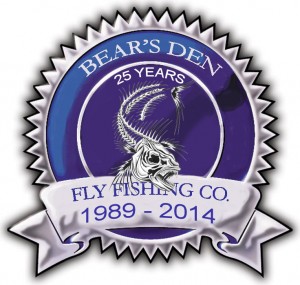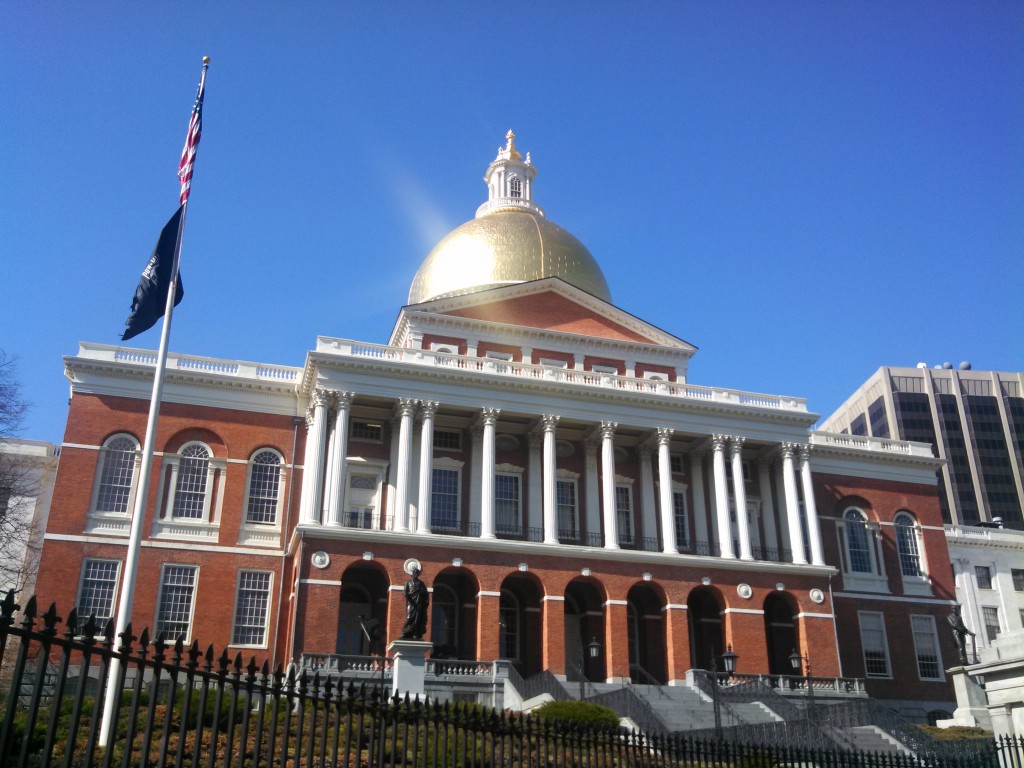2016 2nd Annual Fundraiser Auction
Thank you…Thank you…Thank you…to all the generous donors to our recently completed on-line auction and to each of you that participated in the bidding process. This was the most active auction in terms of bids and we had the widest variety and greatest number of items ever. The Auction was a total success and we thank and appreciate everyone who participated in this, one of our major fund-raisers for the year.
If you were not a high bidding winner there will again be an opportunity for you to contribute to the game fish effort by giving to the Stripers Forever Annual Appeal which will begin a bit earlier this year than before. One hundred percent of our fund raising results go directly into underwriting our efforts to make wild striped bass a game fish as Stripers Forever has no paid staff.
In a perfect world we would not be investing our volunteer efforts and hours into asking for money. Even though a large percentage of our administrative operating costs are donated, in order to accomplish our Game Fish Mission we must raise funds to help pay for a lobbyist, create educational materials and keep the game fish issue in front of decision makers.
This all takes money and thanks to both our auction donors and winning bidders we have a good start to moving our message forward in 2016. Your contributions and participation in support of our shared goals is both appreciated and necessary if our message is to prevail in this conservation fight to save wild striped bass.
Bear’s Den 18th Annual Fly Fishing Expo- February 20, 2016

The Bear’s Den in Taunton continues to be a great supporter of striped bass conservation. Their annual expo is coming up this Saturday the 20th 11am-6PM. Stripers Forever will have a booth there, so stop by, say hello and pick up a new hat. This show features some of the top names in fly fishing. Andy Mill headlines the 2016 show! For full information check out the http://www.bearsden.com/page716.html.
2015 Annual Angler Survey Results
The results of the Stripers Forever 2015 Annual Fishing Survey are finalized and you will find them below. In 2015 we received 657 responses to our annual survey. This represents the second year in a row of participation decline, and we believe that it reflects a decreasing interest in the fishery due to a decline in the quality of fishing. This year’s survey has again produced a good representative sampling of sentiments from fishers all along the striper’s migratory range, and as usual MA and NJ vied for the greatest contributions with 154 and 149 completed surveys respectively.
2015 saw very little change in angler sentiment. 82% of anglers reported catching fewer fish compared to 85% in 2014. 73% said they were catching smaller fish compared to 71% in 2014. In 2015 84% described the striper fishery as worse or much worse compared to 85% last year. It seems evident that most of the older, larger fish from the great year classes of the 1990s and early 2000s have been removed from the population, and with the exception of an occasional school at certain peak periods the population is much less abundant now, and comprised mostly of smaller fish from the poor and mediocre year classes that have generally characterized the fishery since 2003.
We asked our members about what they were seeing from the 2011 year class. The results were that 84% felt that this year class, which ASMFC biologist seem to be counting on, was appearing in the fishery at levels far below those that one would expect. Only 16% of respondents felt that the 2011 year class was evident at levels expected from such a huge year class.
Answers to questions about the need for a slot limit of smaller-sized stripers, and what percentage of the current commercial quotas should be reallocated to recreational quotas, show that our members continue to believe we should not be harvesting large, breeding stripers, that they want to set aside a high percentage of the current commercial catch for conservation – and not harvest it themselves. 75% of our members said that they are willing to buy a stamp to finance the buyout of the commercial fishery.
We had survey results from 61 guides. Without a doubt the decline in striper fishing is hurting this valuable industry as well as the related fishing tourism and tackle businesses. The guides know how to fish their areas, though, and can usually produce the best results possible from their home waters. If you are thinking about a guided trip please check out the guides and tackle shops listed on the Stripers Forever website.
We will send this information to the press and to fishery policy makers everywhere. We hope that you will use this information personally to help us advocate for the goal of coast-wide striped bass game fish. Please share the results with your local fishing club, home town newspaper, and elected officials that you may know.
- 2015 Survey Results and Comments Final
- 2015 Summary Data with graphics
- Data_Q27_160119 Guides Comments 2015
- Data_Q20_160119 Management Comments 2015
- Key Comparisons 2003 through 2015
If you have any questions about the survey please don’t hesitate to e-mail us at stripers@stripersforever.org
A Report On The Hearings At The Massachusetts State House
I want to thank everyone that went to the hearing, especially Mike Spinney, Bob Ford and Ted Merchant who boldly testified on behalf of our Game Fish Bills.
The Hearing environment was a bit more welcoming than expected yet there remains, I think, a very strong allegiance to those commercial fishermen that the elected officials don’t want to hurt. Quoting the Chairman’s comments that he made after the official hearing was concluded, ” I have to look out for the commercial fishermen in my district.”
Sadly, there are probably 200 times more recreational fishermen in his district than commercial permit holders, but because recreational fishermen aren’t vocal and don’t write to or call their elected political officials the empathy of the representatives and senators continues to favor those that do speak up and are heard.
I don’t mean to scold; I’m just telling it as I see it. We need to beat the bushes and somehow motivate our membership into getting personally involved in advancing striped bass fishery causes that will directly effect the quality of their lives. These elected officials need to be impressed with the benefits of conserving these fish by designating them a game species.
Fred Jennings put together and presented some very enlightening numbers crunching. “Due to the downturn in the striped bass fishery and the 80% fewer trips taken to fish for them since 2007 (NOAA) the Commonwealth has lost almost $250 million in salaries and wages and MA sales, fuel and income taxes have fallen by $45 million.”
Even when presented with the opportunity to support recovering these lost monies -and more – by making wild stripers a game species, there remains great political reluctance to change what many refuse to see as being broken. It really defies rational thinking. I can only understand this apparent political myopia that is based on the dismissal of facts, in that it allows elected officials to justify avoiding change, especially change that might adversely effect someone “…..in my district”!
At the conclusion of the official hearing, Fred Jennings and I were invited to meet with the committee members that were still in attendance, and we were given a terrific opportunity to participate in an informal discourse centered on the evidence supporting game fish status for wild striped bass. Many questions were asked and answered, and much additional information to our testimony was shared. We left the meeting room with the feeling that we were granted more time and positive attention than ever before, and that we had made some of the inroads necessary to get this legislation passed.
The process of effecting change, especially to an entrenched and traditional “way of doing things”, is difficult and requires time. Towards that end I feel we have made significant progress. I’m confidant Stripers Forever’s efforts are increasing support in the Massachusetts Legislature for conserving these special fish.
The comment period is still open for these bills. It would help our game fish cause if you would write a brief comment in support of these bills based on your fishing experiences especially if you feel the striped bass fishery has been degraded under present management policies. Links to the email addresses of the committee members are all listed below. THANKS, it will really help and take just a minute. Make sure to send send your comments to every member listed below. The more they hear from us the more likely they are to value the importance of Striped Bass conservation.
Dean Clark, MA Co-Chair
For those that wish to read more, below are the two pieces that were written in response to Committee requests:
Representative- Rebuttal Response
Representative- Background Info
Massachusetts State House
189th General Court of the Commonwealth of Massachusetts
24 Beacon Street Boston, MA 01233
Senate Members
Anne Gobi – Senate Chair anne.gobi@masenate.gov – Rm 513
Michael Rush – Senate Vice Chair Mike.Rush@masenate.gov – Rm 511C
James Eldridge James.Eldridge@masenate.gov – Rm 218
James TImilty James.Timilty@masenate.gov – Rm 507
Thomas McGee Thomas.McGee@masenate.gov – Rm 109C
Robert Hedlund Robert.Hedlund@masenate.gov – Rm 313C
House Members
Paul Schmid – House Chair Paul.Schmid@mahouse.gov – Rm 473F
Brian Mannal – House Vice Chair Brian.Mannal@mahouse.gov – Rm 473F
Robert Koczera Robert.Koczera@mahouse.gov – Rm 448
Carolyn Dykema Carolyn.Dykema@mahouse.gov – Rm 127
Mary Keefe Mary.Keefe@mahouse.gov Rm 473F
Christine Barber Christine.Barber@mahouse.gov – Rm 236
Kames Kelcourse james.kelcourse@mahouse.gov – Rm 130
James Cantwell James.Cantwell@mahouse.gov – Rm 22
Josh Cutler Josh.Cutler@mahouse.gov – 473F
Jay Livingstone Jay.Livingstone@mahouse.gov – Rm 136
Donald Berthiaume Jr. Donald.Berthiaume@mahouse.gov – Rm 540
Please contact Dean Clark at seaflycapecod@gmail.com if you have any questions.








